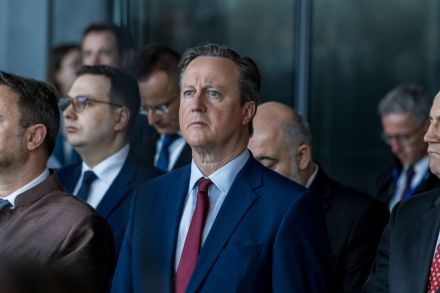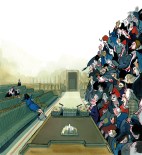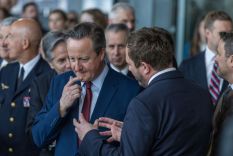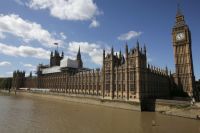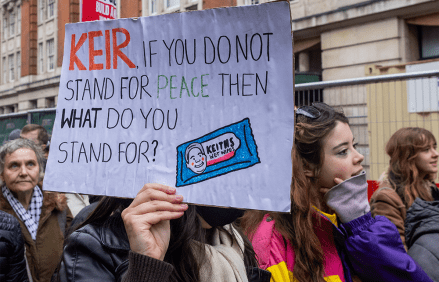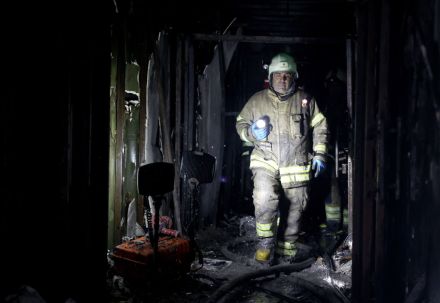Listen: David Cameron refuses to answer Gaza questions
After the tragic news of the deaths of three British aid workers, killed in an Israeli strike in Gaza, both the public and politicians are demanding answers. And so at the end of his interview on the BBC’s Ukrainecast, Lord Cameron was asked about the situation in the Middle East. Before his interviewer had finished asking her question, however, the Foreign Secretary cut her off: ‘This is Ukrainecast. I’m not- I’m doing that later.’ When pressed again on whether he had time for any questions on the Israel-Gaza conflict, Cameron told her: ‘We don’t really… I’ve got to do a pool later.’ Trying one last time, his interviewer asked: ‘Will
